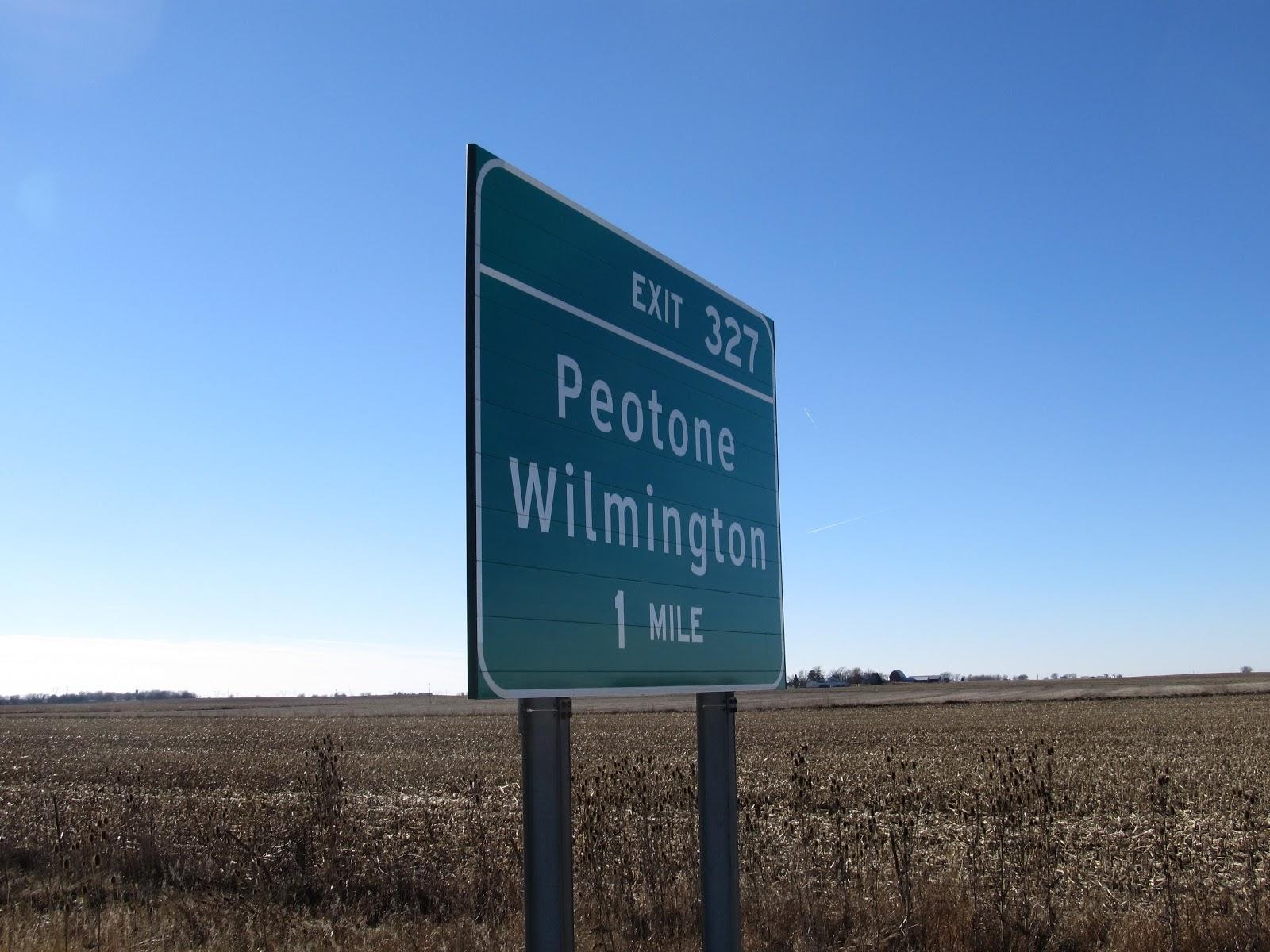In this year’s installment of its annual Highway Boondoggles report, U.S. PIRG Education Fund and Frontier Group warn of billions of dollars in proposed spending on unnecessary highway projects that would divide our communities, deprive transit of scarce funds, and pollute our air and water. Below is the third of seven installments detailing these harmful projects.

Illinois officials have budgeted $206 million for a new interchange on I-57 that would take drivers onto a road through undeveloped farmland 44 miles south of Chicago in Will County, Illinois. The project has been deemed “The Exit to Nowhere” by the Illinois Policy Center, as the destination of the proposed interchange is an unbuilt airport which itself is an object of controversy. The project also represents a large unnecessary cost at a time when key local transportation priorities are in desperate need of funding, and will require paving over rural areas of farmland and floodplains.
Illinois’s most recent multi-year highway plan allocates $205.5 million for this interchange between I-57 and Eagle Lake Road. This money comes from the governor’s $45 billion infrastructure plan and is partially funded by a recent doubling of the state’s gasoline tax. But there are much more important transportation needs in the state. As Howard Learner of the Chicago-based Environmental Law and Policy Center told Crain’s Chicago Business, “Illinois has a huge backlog of vital transit, rail, highway and bridge projects that improve community mobility,” and in 2020, Chicago-area transit systems are facing almost $1 billion in revenue losses resulting from the COVID-19 pandemic.
The project would connect travelers to the proposed South Suburban Airport in rural agricultural Will County — an airport that does not exist, may never exist and is unnecessary according to many observers. So far, more than $100 million has been spent on land acquisition and studies for the airport, though neither process is complete and construction has not been started. The airport was originally proposed as a passenger airport, but when no commercial airlines showed interest its proponents shifted to propose a cargo airport instead. But it has yet to see commitments from either airlines or shipping companies like Amazon and UPS, which already rely on nearby airports including O’Hare and Rockford. In the FAA’s review of the forecast use of the SSA, they stated that the only category with high projected use is general aviation — i.e. private planes — but the general aviation demand is already being met by an existing private airfield.
The airport, and likely the interchange, would also be environmentally destructive. The South Suburban Airport would be built over farmland, more than 1,000 acres of floodplains and nearly 200 acres of wetlands. Judy Ogalla, who farms soy, corn and wheat land that is part of the proposed airport site and serves as a Republican member of the Will County Board, told the Chicago Tribune, “we have great soil. It doesn’t have any sense to pave over that when we have an airport in Gary.”






